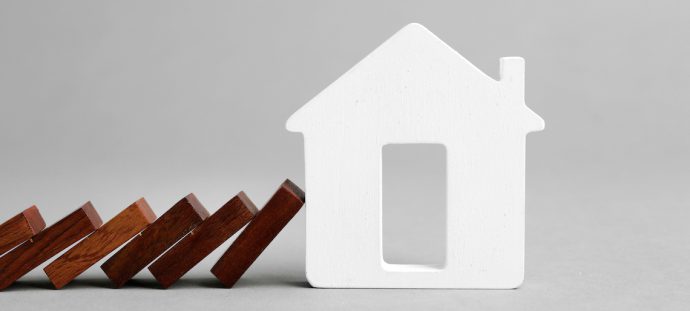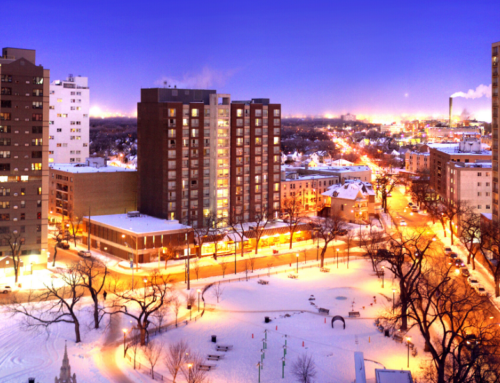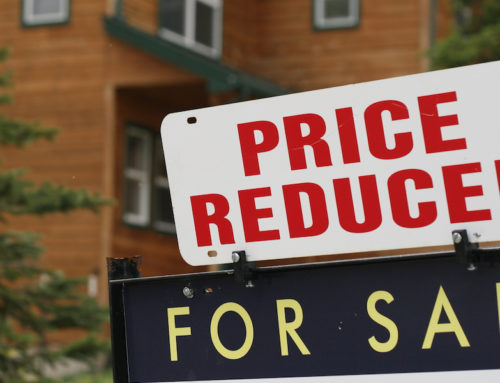Making the decision to purchase a home is one of the largest financial decisions you will make. It is important to do your research, talk to your real estate agent, and make plans to ensure you purchase a home that is within your price range. In the same way it is important to understand what you need to know to make a financially responsible decision, it’s important to understand what can happen if something were to happen and you are no longer able to pay your mortgage, resulting in a foreclosure.
Foreclosure is a term you may have heard before, but if you don’t fully understand what exactly it means, we can explain! A foreclosure is what happens when a homeowner fails to pay the mortgage on their home, forfeiting the rights to the property. Since a foreclosure is not in the best interest of both the borrower and the lender, the lender will often reach out to try and resolve the issue as soon as payments have been missed. If that happens and a resolution is not reached, the home will likely go into one of two common remedies in Canada.

Power of Sale
PREFERRED IN ON, NB, NL & PEI
With this option, the lender is required to provide the borrower with notice, and 35 days to pay what is owed, and get the schedule back on track. If this does not happen, the lender will now be able to sell the property without having to involve the courts. Once the home has been evicted, the lender would arrange for the home to go to auction through a real estate agent.
The money from the sale of the home will cover all of the fees that are owed, and if there is a remaining balance it will be returned to you. If all fees are not covered, the lender has the right to sue you for the reminder.
Judicial Foreclosure
PREFERRED IN BC, AB, QC, MB, SK & NS
While the Power of Sale option limits the involvement of the courts, the Judicial Foreclosure ensures the courts are heavily involved. Because of this, it can sometimes be a much longer process.
At the beginning of this, a Certificate of Foreclosure is obtained by the lender, and the ownership of the property is transferred to them. Once this happens, the borrower has no right to any capital gains that may result from the sale of the property.









